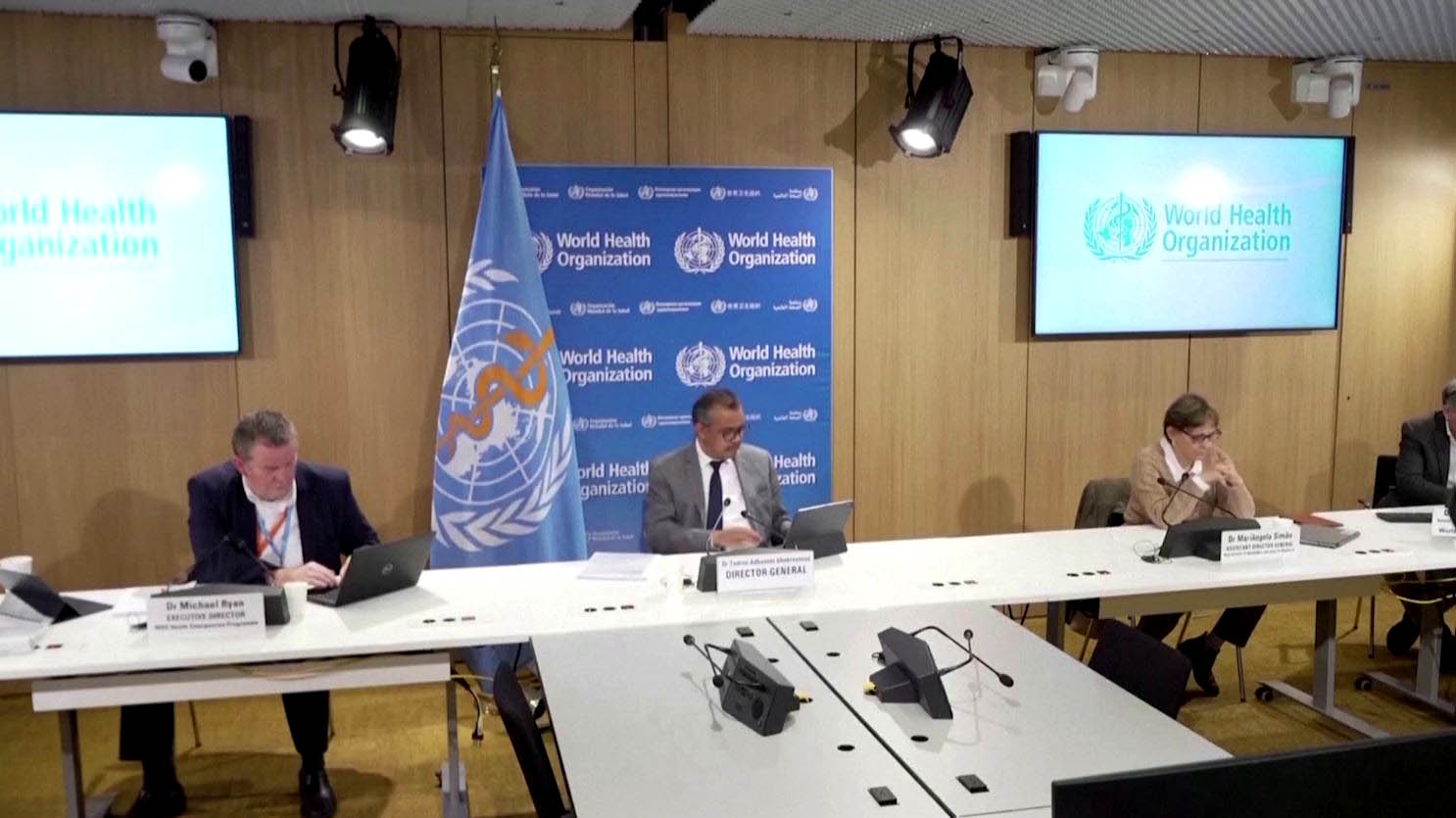INTERNATIONAL: The emergence of Omicron has prompted some countries to roll out booster programmes for their entire adult populations even while it’s still lacking evidence for the effectiveness of boosters against this variant. On Tuesday, WHO Director-General Tedros Adhanom Ghebreyesus has announced that boosters could play an important role especially for those at highest risk of serious disease and death.
At least 77 countries have now reported cases of Omicron and the reality is that Omicron is probably in most countries, even if it hasn't been detected yet. Omicron is spreading at a rate we have not seen with any previous variant.
Britain has reported its first case of death caused by Omicron variant of Covid-19.
UK Health Minister has confirmed it is spreading at “phenomenal rate”.
WHO Director-General Tedros Adhanom Ghebreyesus says, "Even if Omicron does cause less severe disease, the sheer number of cases could once again overwhelm unprepared health systems. I need to be very clear: vaccines alone will not get any country out of this crisis."
He has added that vaccine booster shots can play a role in curbing the spread of COVID-19 as long as people most in need of protection also get access to jabs.
WHO's top emergency expert, Mike Ryan has said the peak of this wave of infections was still "a number of weeks" away given the very rapid spread of the Omicron variant. Omicron wave is expected to hit France in January.
WHO vaccines expert Kate O'Brien has also said unvaccinated people had to be the priority as they were putting pressure on health care systems.
British scientists found on Monday that two-dose COVID-19 vaccine regimens do not induce enough neutralising antibodies against the Omicron coronavirus variant, indicating that increased infections in those previously infected or vaccinated may be likely.
Researchers from the University of Oxford have published results from a study yet to be peer-reviewed, where they analysed blood samples from participants who were given doses from AstraZeneca-Oxford or Pfizer-BioNTech in a large study looking into mixing of vaccines.
The results come a day after British Prime Minister Boris Johnson has warned that two shots will not be enough to contain Omicron, following findings from the UK health agency last week that boosters significantly restore protection against the variant.






















